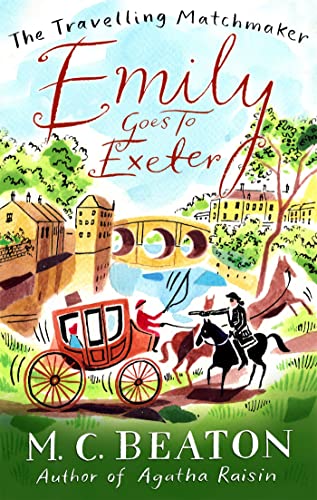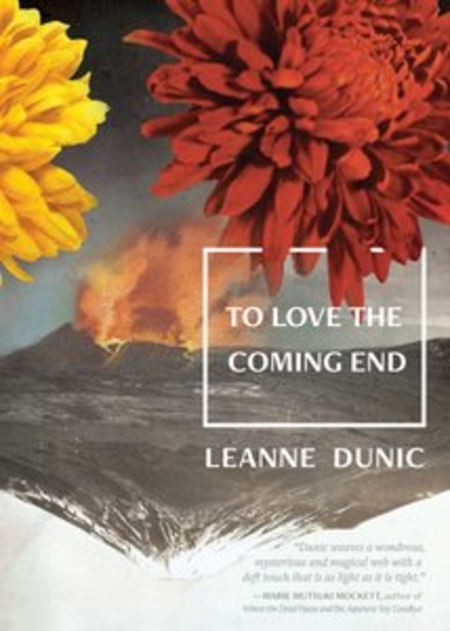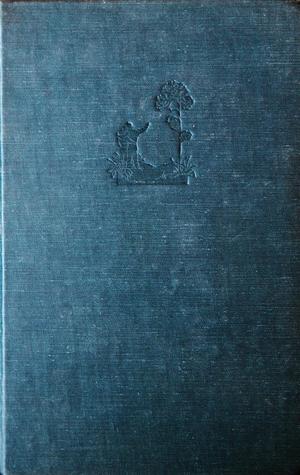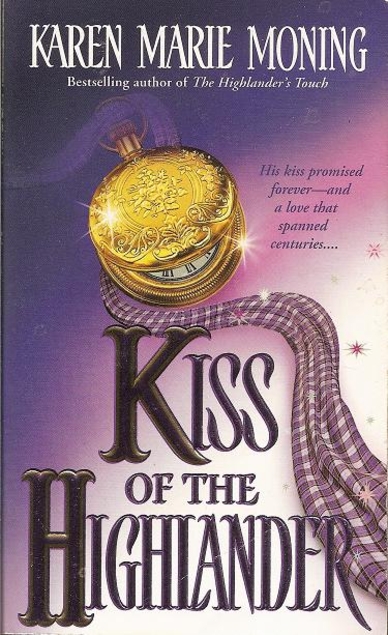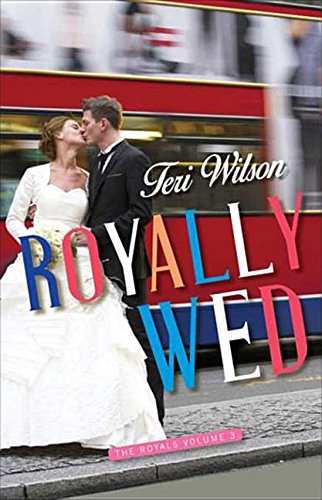When elderly Elsie Gormley falls and breaks a hip, her children, in their seventies themselves, decide that after rehab she can't return to the house she's lived alone in for thirty-seven years, instead placing her in a local retirement home. Cut adrift from the house that carried the memories of most of her life, her marriage, her motherhood, and her widowhood, she starts to drift between past and present in her mind, losing her place in the present and reality slowly, so slowly. Lucy Kiss, her husband Ben, and their one year old son Tom have moved to Brisbane, the city of Ben's childhood, buying Elsie's home. Although they have lived all over the world, Lucy really struggles with the move to Brisbane, the distance from her family, and motherhood suddenly being her only job. As Lucy tries to settle in and make Elsie's house her own, she conjures up the old woman, whom she has never met, as a sort of touchstone or imagined friend. In fact, Lucy is certain that Elsie has come back to the house to watch her several times, a fixation Ben finds ridiculous and frustrating.
The story moves from Lucy's present to Elsie's remembering of the life she spent in the house with husband Clem and twins Don and Elaine. The switches in narrative focus are often triggered by Lucy finding something of Elsie's or of thinking that Elsie has looked in on the house. There is a slow and mesmerizing feel to the narrative as it focuses on snapshots of ordinary life and the small moments of that life. Both Lucy and Elsie face struggles with motherhood: Lucy with the isolation and vulnerability of raising a child and Elsie with the relationship she never could seem to get right with her daughter Elaine. The intersections and parallels, as well as the divergences, of Elsie and Lucy's lives weave throughout the novel, forming the backbone of the minimal plot. The writing here is lyrical and moody and the setting is beautifully evoked in all of its wet and close glory. A meditation on aging, motherhood, house as home, and the passing of time, this is a deep and nostalgic read.
For more information about Ashley Hay and the book, check out her website or like her on Facebook. Check out the book's Goodreads page, follow the rest of the blog tour, or look at the amazon reviews for others' thoughts and opinions on the book.
 Thanks to Lisa from TLC Book Tours for sending me a copy of this book to review.
Thanks to Lisa from TLC Book Tours for sending me a copy of this book to review.




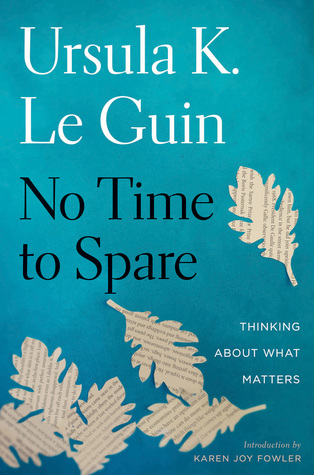

 This meme is hosted by Kathryn at
This meme is hosted by Kathryn at  This past week's mailbox arrival:
This past week's mailbox arrival:
